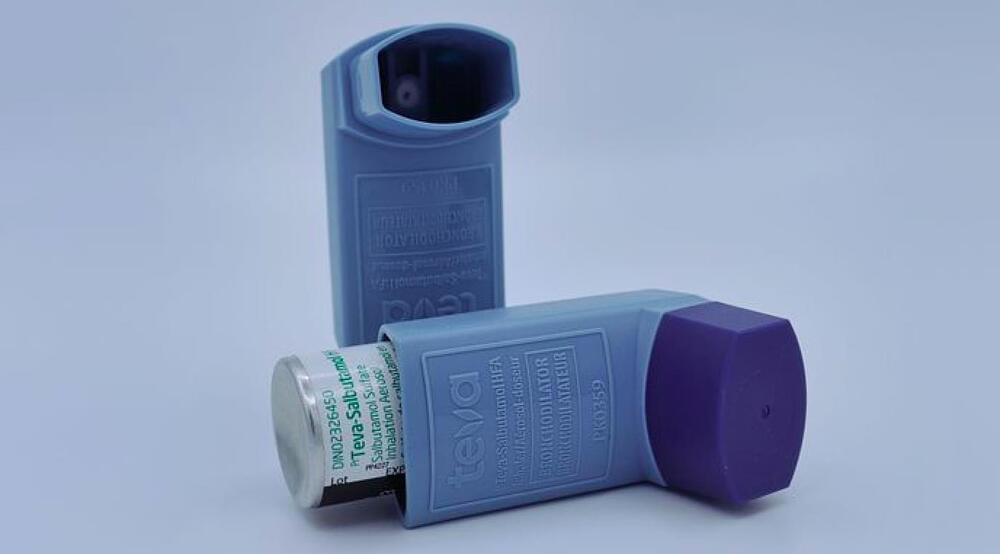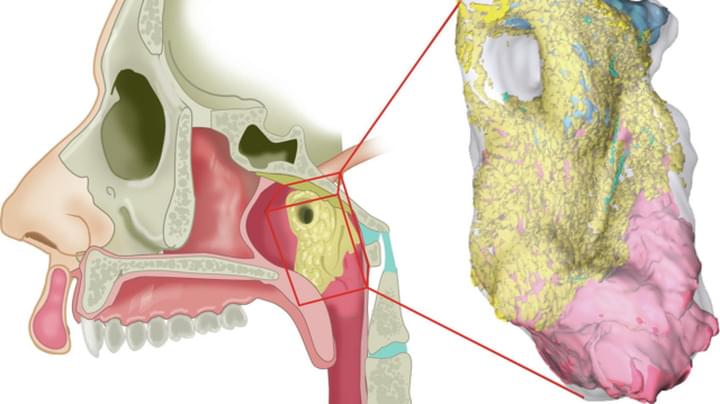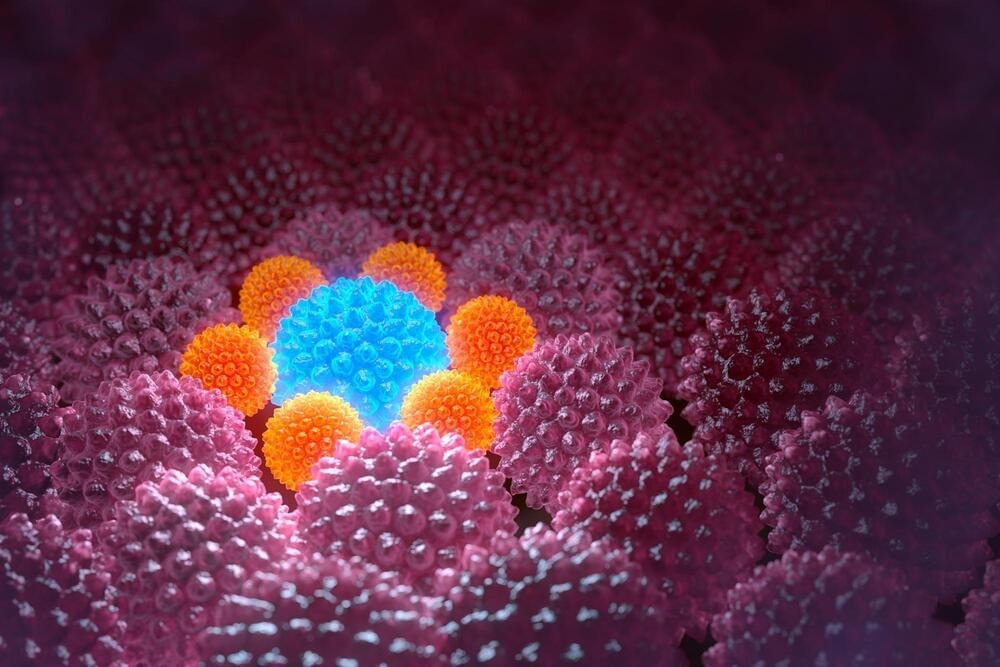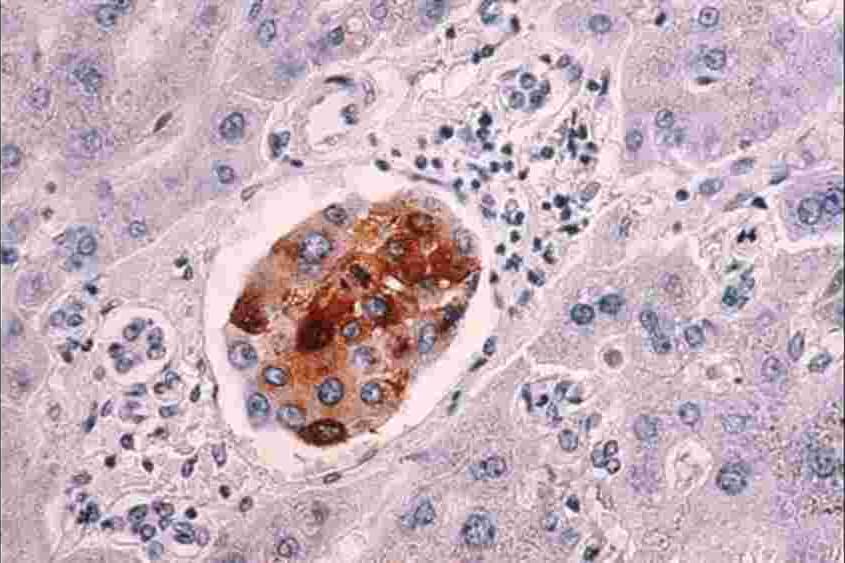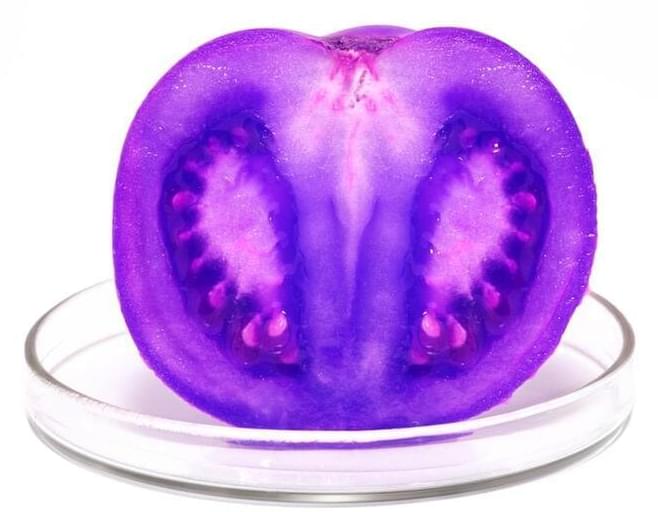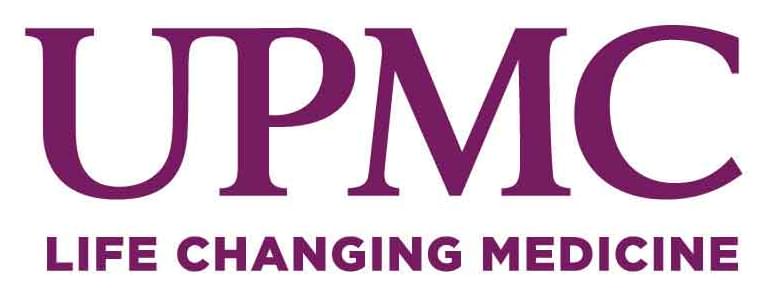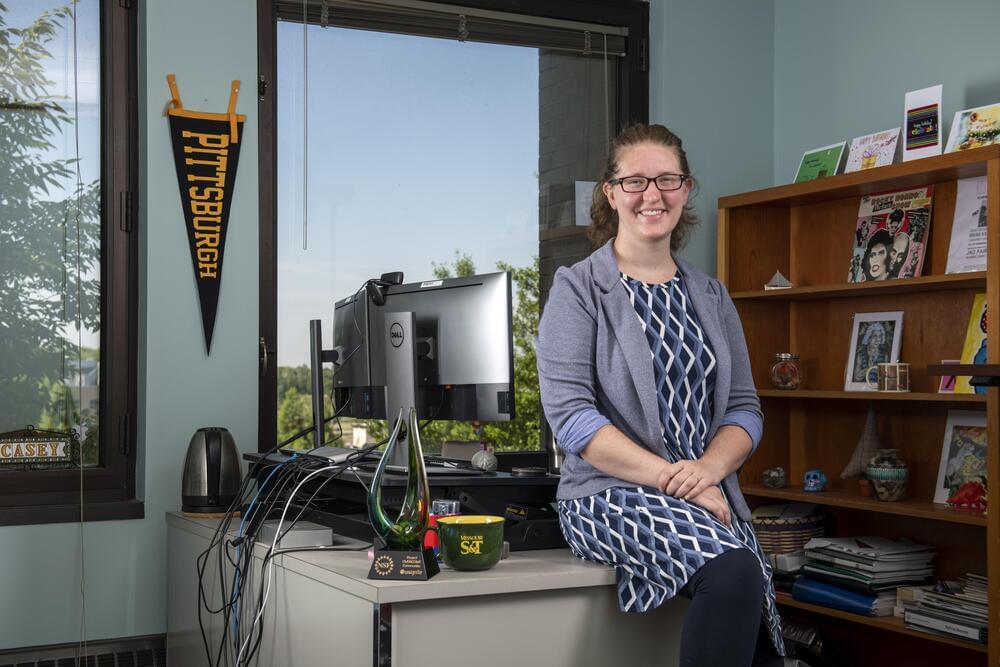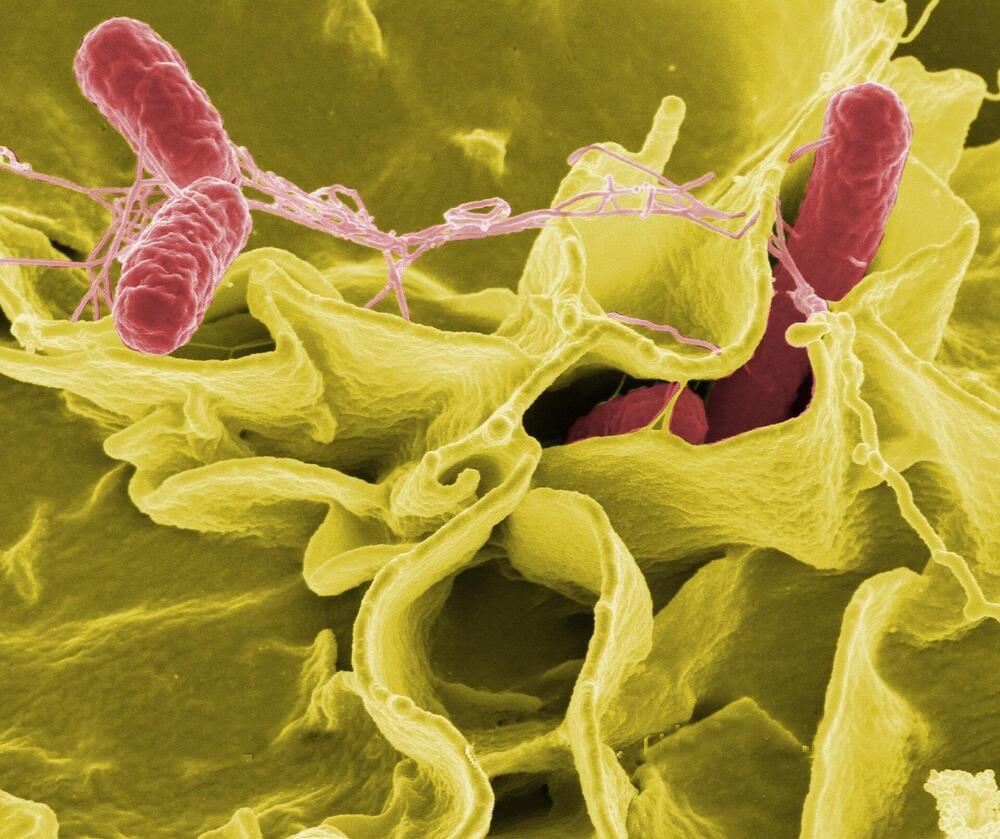Dec 28, 2022
Shedding LIGHT on the Mechanisms Underlying Severe Asthma
Posted by Shubham Ghosh Roy in categories: biotech/medical, health
Scientists have discovered that an inflammatory cytokine known as LIGHT is a major factor in the deadly airway damage that can affect people with severe asthma. This research has suggested that such airway damage could be reversed by therapeutics that halt LIGHT, and the molecule could offer a way to treat asthma. The study, which used a mouse model and human tissue, has been reported in the Journal of Allergy and Clinical Immunology.
“This is a very, very significant finding,” said senior study author and LJI Professor Michael Croft, Ph.D. “This research gives us a better understanding of the potential of therapeutic targeting of LIGHT and what we might do to relieve some of the symptoms and some of the inflammatory features seen in patients who have severe asthma.”
